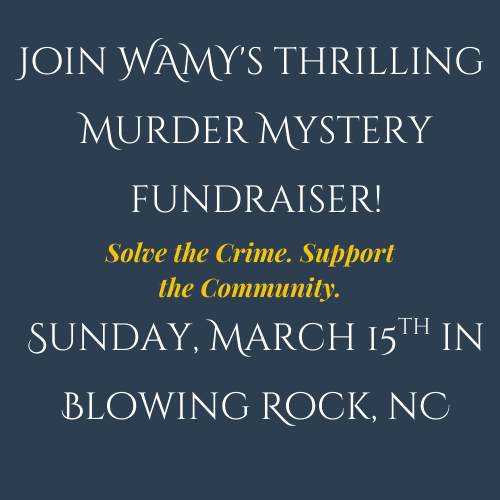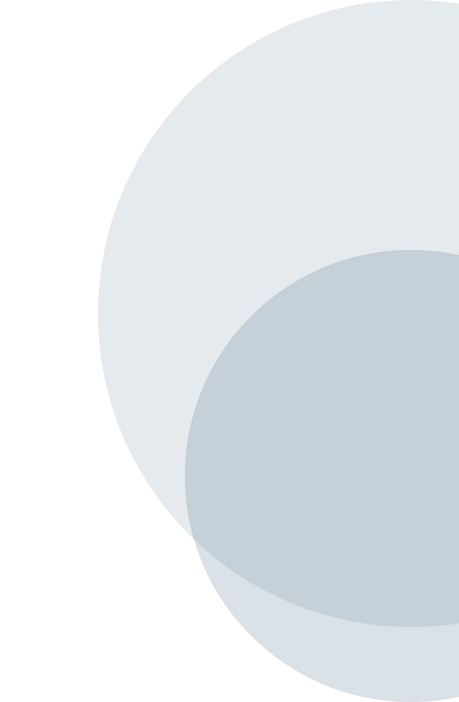WAMY provides programs and services designed to help low-income individuals and families become more self-sufficient. Please visit our Programs page for details on specific services.
About WAMY

THE MISSION AND HISTORY OF W.A.M.Y COMMUNITY ACTION
OUR MISSION:
Partnering with families and communities to provide the disadvantaged the support and tools they need to become self-sufficient.
WHAT IS COMMUNITY ACTION?
In 1964, The Great Society, as envisioned by President Lyndon Johnson, was a sweeping plan to improve the lives of all Americans, regardless of their circumstances. In August of that same year, the Economic Opportunity Act was signed into law by President Johnson, creating the nationwide Community Action Network.
THE WAR ON POVERTY
In Johnson’s first State of the Union address on June 8, 1964, he called for an unconditional war to defeat poverty. He expanded and revised the proposals and developed the Economic Opportunity Act of 1964. This act included a variety of initiatives:
- Head Start
- Job Corps
- Work-Study program for University students
- VISTA (Volunteers in Service to America) - a domestic version of the Peace Corps.
- Neighborhood Youth Corps
- Basic Education and Adult Job Training
- CAPS (Community Action Programs) - CAPS turned out to be the most controversial part of the package, as it proposed the “maximum feasible participation” by poor people themselves to determine what would help them the most. CAPS were a radical departure from how government had run most social reform programs in the past.
Community Action was a bold idea, especially for the Federal government. It handed over control to the local level so that programs were geared specifically for the target population's needs. In October 1964, President Johnson selected Sargent Shriver, head of the Peace Corps, to lead the newly formed “Office of Economic Opportunity”.
Community Action was modeled after two fairly successful urban renewal projects, one undertaken by the Ford Foundation and the Mobilization for Youth, a program aimed at juvenile delinquency. Inspiration was also taken from Chicago's “Back of the Yards” program. The key component was that low-income citizens played an active role in program design and administration, or “maximum feasible participation”. The Economic Opportunity Act was amended (known as the Green Amendment) in 1967 to mandate the board structure of Community Action Agencies including low-income participation.
In 1981, President Ronald Reagan introduced the Community Service Block Grant(CSBG), which changed the way federal funding was distributed. Programs including Community Action, would now receive funding through the State Office of Community Action/Services. WAMY Community Action now worked more closely with the North Carolina Department of Commerce and Economic Opportunity to implement the Community Service Block Grant (CSBG) and worked to build a strong partnership to provide robust services to WAMY’s low-income residents.
Community Action remains an important safety net for many vulnerable individuals and families. Beginning in 2001, Community Action has improved their reporting through the Results Oriented Management and Accountability (ROMA) framework and continuously seeks ways to improve outreach and services. The National Community Action Partnership now encourages all Community Action Agencies to embrace the National Standards of Excellence as a pathway to improve and empower agency operations.
Learn more about about the early years of WAMY Community Action in the High Country through this short documentary - Beyond These Hills
We have a responsibility to our community and our donors and work hard to ensure long-term sustainability of the organization.
We make our IRS Form 990 available for review, as required by law. If you would like to make a donation, please click “Donate” above.
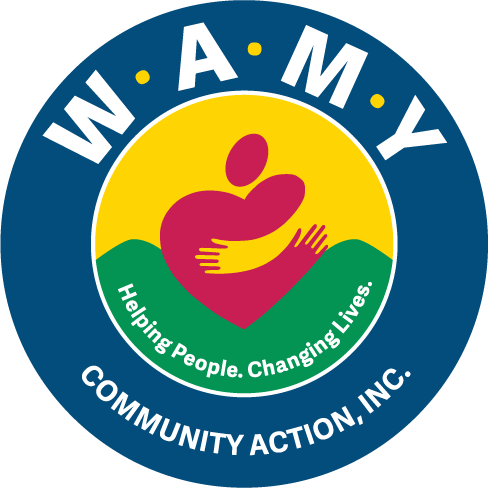


Frequently Asked Questions
We’re always on the lookout for individuals like you wanting to get involved. Use the Contact Us page to reach out about potential volunteer opportunities.
We have a responsibility to our community and our donors and work hard to ensure long-term sustainability of the organization. We make our IRS Form 990 available for review, as required by law. Visit our Financials page to learn more.
Any funds that are donated are used to support our programs for low-income citizens. Funds can also be designated by the donor for special projects or purposes.
Each of our programs and services have different eligibility criteria. Please visit the Programs section of our website for specific information on eligibility.
Our Locations
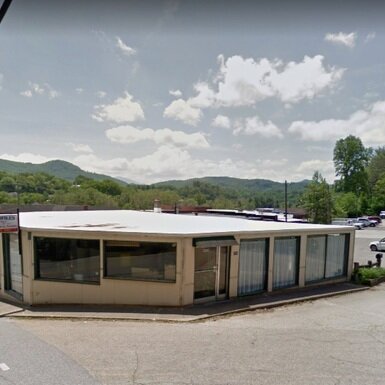
MITCHELL/YANCEY - SPRUCE PINE, NC
496 A Balsam Ave. Spruce Pine, NC 28777
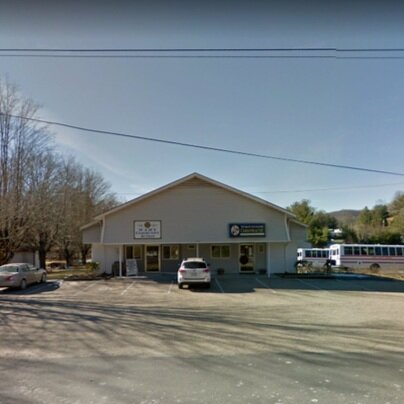
AVERY - NEWLAND, NC
723 Cranberry St. Newland, NC 28657
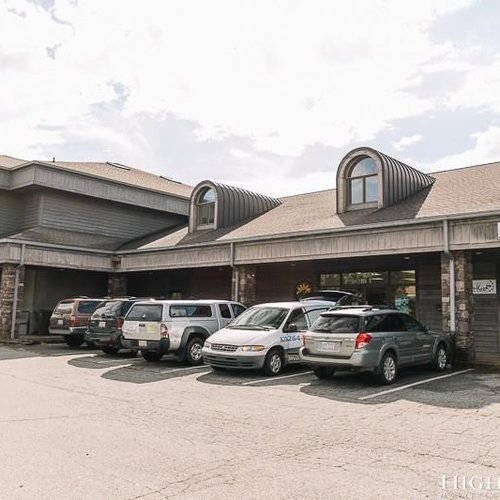
WATAUGA - BOONE, NC
225 Birch St., Suite #2 Boone NC 28607

